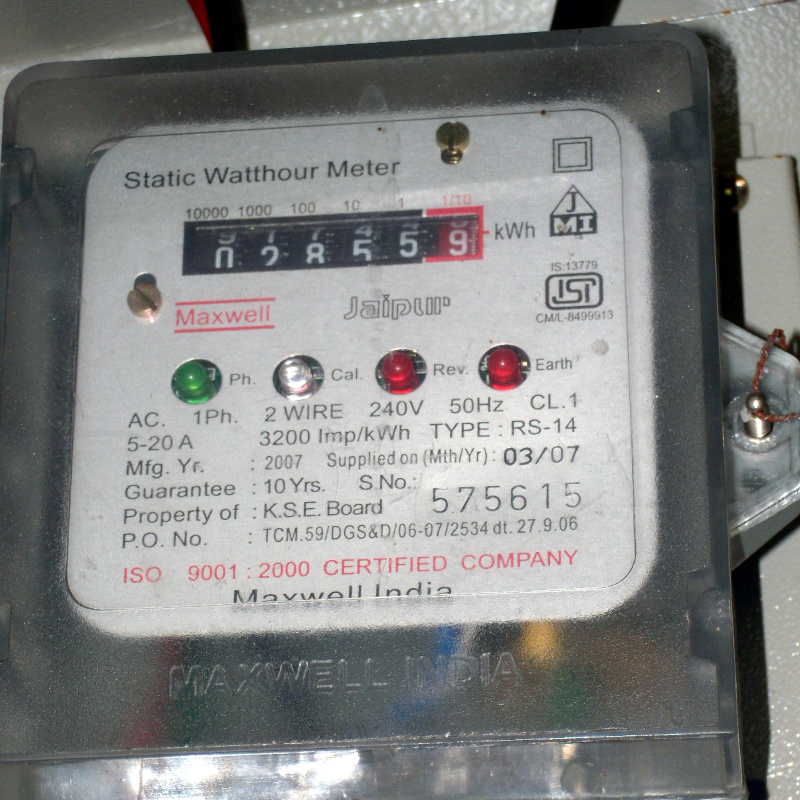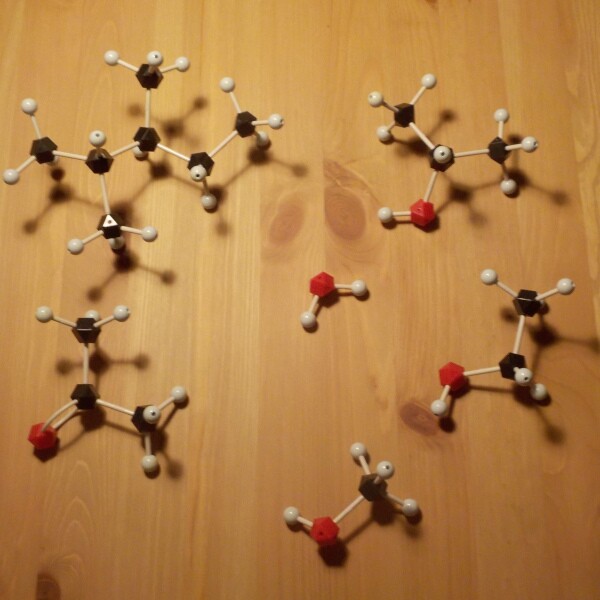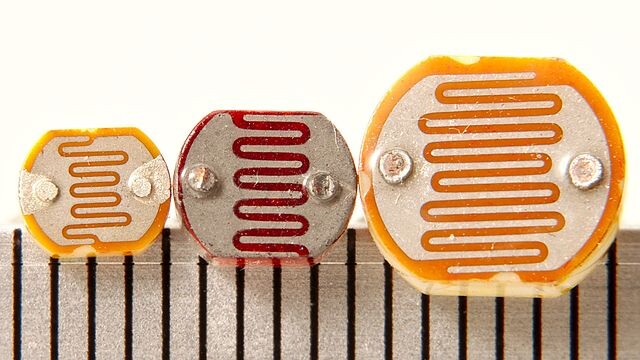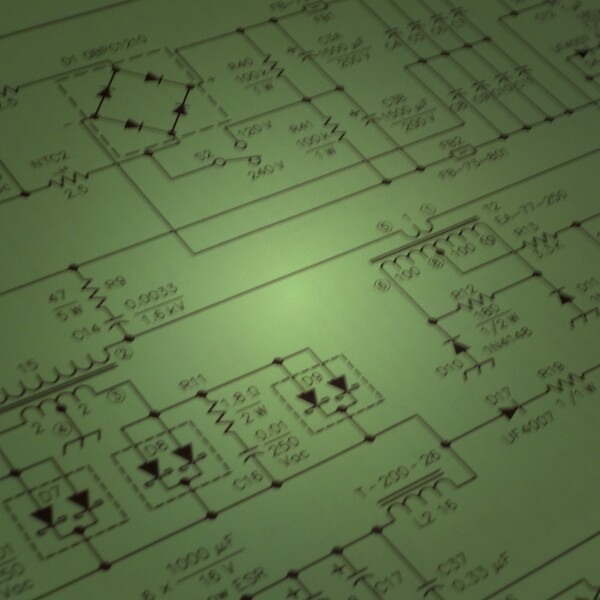tag "environment"
Power cycling and extra switches
As human beings we're quite familiar with the idea of things wearing out with use. If you hang a piece of clothing up in a closet and seldom wear it, then unless something happens like moths eating it, you can take it out years later and it'll still be good - whereas if you're wearing it every single day and washing it frequently, it may show visible damage and no longer be as good after just a few weeks. Many things in our world are like that, and we naturally expect electronic equipment to be included. Many synth users have, consciously or unconsciously, the idea that for each module there's an hour meter ticking away somewhere, like a car's odometer, measuring the time until the module will die or need servicing, in terms of the number of hours power is applied. READ MORE
Module wear and aging
There's a lot of confusion and worry over the idea that modules wear out or age over time, and what can be done to prevent or deal with that process. It's a part of human life that many things including our own bodies do change with use and time; and if you've spent a lot of money on musical instruments, then it's reasonable you might be worried about wearing them out or hurting them. Electronic equipment and the physics behind it are mysterious to many people. We know that invisible things like "voltage" can possibly damage electronics; it's not obvious what those invisible things are, or where they come from or how to protect the equipment; we have some idea that things in general can wear out, but may be unsure of exactly how that applies to electronics; and so modular users, and especially beginners, end up with a lot of confusion, worry, and misconceptions about wear and aging of equipment. READ MORE
Green modular, part 5: Behind the scenes
In this final part to the green modular series I'll talk about environmental and related issues associated with the modular business, going beyond the manufacturing of the modules themselves. We began this series with RoHS and there may be a temptation to end it there as well: if the actual products are free of a short list of toxic chemicals, they're environmentally friendly, right? Someone who really cares about the environmental impact of buying and using modules should be looking at the whole business. READ MORE
Green modular, part 4: Wood, and toxic waste
In this part of the Green Modular series, I'd like to talk about wood, and toxic waste. Part 1 focused mostly on saving energy; in parts 2 and 3 I wrote about metals, and some of the environmental issues related to metals are caused by their toxicity during waste disposal. But there are also other kinds of toxic substances relevant to synthesizers, and those become important during manufacturing rather than at the end of the product's life. READ MORE
Green modular, part 3: More metal
The RoHS "big three" metals I talked about last time occupy a lot of attention of synthesizer manufacturers because we have specific legal obligations we must meet regarding those metals; but many other metals are also used in building synths, and are also relevant to the environmental footprint of making and owning a synth. Let's look at some more of those. READ MORE
Green modular, part 2: the big three metals of RoHS
In this second part of the series on modular and the environment, I'm going to look at metals. Modular synthesizers are made of many different materials including wood, plastic, and glass, but a significant part of the mass of a synth (or any electronic device) is in metals. Even though metals are often used in small amounts, they often make up a disproportionate fraction of the environmental impact of electronics manufacturing because of all the energy that goes into mining and processing them. There are also unique issues for specific metals: some are toxic, some are rare, some have important social consequences, and so on. I had planned to have just one posting on metals in this series, but it became too long, so I'm going to cover just the "big three" forbidden by RoHS here, and talk about the others in one or more future postings. There's a lot to say about metals. READ MORE
Green modular, part 1: Energy, carbon, and power supply regulators
I'm sometimes asked about the environmental consequences of modular synthesizers. It's an interesting question with a lot of ramifications, and there's a lot of misinformation circulated. That may be inevitable given the nature of this business: synthesizers combine engineering, where hard facts rule, with music, where subjective aesthetics are the order of the day, and it's very easy for someone to start from one bad guess or wrong idea and then follow it into constructing an entire unfounded theory. There's also an unfortunate overlap between the synthesizer hobby and the whole morass of audiophile woo. READ MORE






